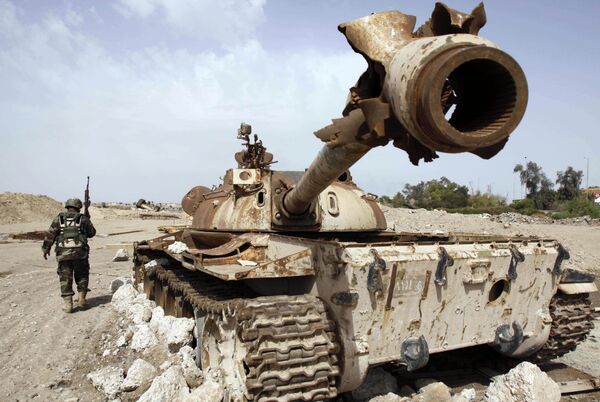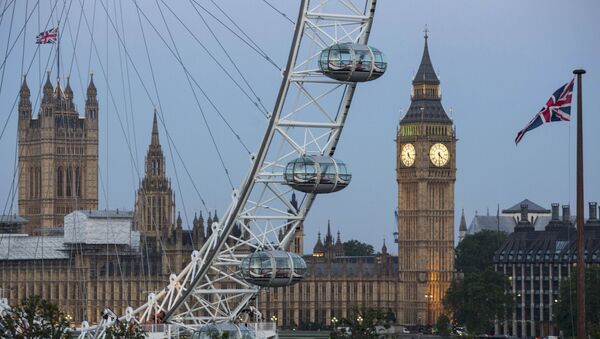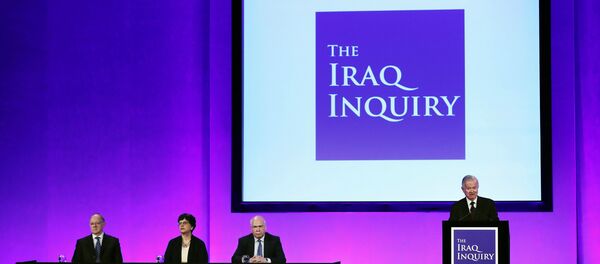Yet Britain's disappointment with a foreign policy course that London has pursued for more than two decades (and the campaign against Iraq was part of it) has surfaced recently, the analyst said.
During this period "Britain lost its foreign policy self-dependence and chose to follow Washington's lead, hoping to receive benefits," Shurygin observed. "It turned out that [Great Britain] only paid a 'blood tax' for these years and the Brits essentially received nothing in return."
The long-awaited inquiry, led by Sir John Chilcot, found that then British Prime Minister Tony Blair made a decision to invade Iraq by exaggerating the threat that the country under Hussein posed to its neighbors and beyond at a time when all diplomatic means of resolving the issue had not been exhausted.

In addition, the entire Iraq policy was based on flawed intelligence and assessments. Moreover, the British military was ill-prepared and ill-equipped for the war and the post-conflict phase. The British troops were supposed to secure the Iraqi city of Basra and its surrounding areas reach in oil, but were forced instead to reach an agreement with a powerful local militia. Sir Chilcot referred to this as a "humiliating" experience.
In this context, the Chilcot report, unveiled on July 6, has affirmed what has been known for a long time. "It is a kind of a 'nail in the coffin' of the policies that Britain carried out," Shurygin observed. "This is why this report will surely have implications."
Washington "is capable of influencing Great Britain, but I would not overestimate this leverage, since it's mostly economic. And such type of pressure on Britain is risky, because regardless of the way one looks at it, it would still be pressure on [Washington's] key ally," he observed.
Shurygin further noted that US leadership will try to "rebuild Britain's trust" in Washington through isolated "surgical" measures.
Political analyst Aziz Jaber Shayal also told Sputnik that Britain's foreign policy will undergo a major review. In the wake of the report, the UK "will not be able to take part in unjust wars," he said. This will also be a lesson for other nations that invasions have repercussions.





